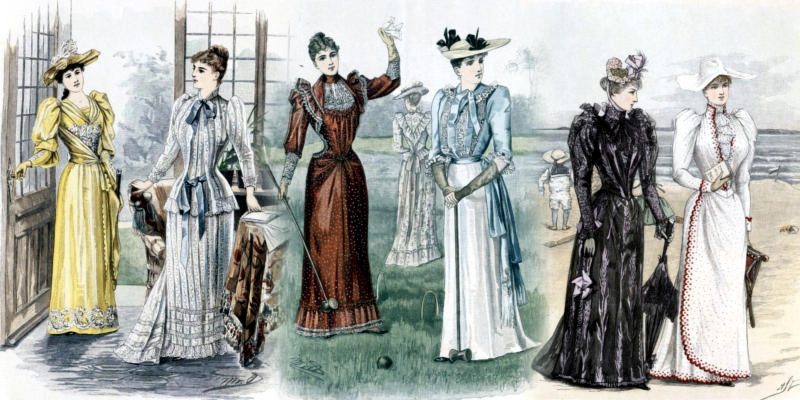“If I could let the matter rest; if–if I could leave England forever, and purposefully fly from the possibility of ever coming across another clue to the secret, I would do it–I would gladly, thankfully do it–but I cannot! A hand which is stronger than my own beckons me on. … If there is any warning you would give to anyone, give it. … If they slight your warning–if they try to hold their present position in defiance of what it will be in your power to tell them–let them beware of me, for when the hour comes, I swear that I will not spare them.” (Braddon 269)
The word “if” comes up several times as I read over this passage. This stood out to me in the beginning because the word “if” expresses that something could happen, but it will not. As I thought about the word “if” it allowed me to notice how Lady Audley wanted her secret revealed, but it is accustomed to only her. This all comes back to our question about where George is. This passage is leading us in a direction of Robert wanting to leave but will not because he thinks Lady Audley is behind George’s death. This answers my question on understanding the passage and how it all comes together. Lady Audley is secretly giving Robert clues that make him want to investigate more. This means that once Robert finds the full truth, he will be able to move on but know the secret. This passage reveals questions and thoughts. Does Robert know something that we do not? Does he want to stay for another reason? These thoughts were lurking in my mind as I read this passage. The big thought is on George’s death and how Robert will not leave. My other thought was Robert knows a crucial factor and does not want to leave because he wants to see how it plays out. This thought ran into my mind after I read “if they try to hold their present position”. This comes back to the word “if”. Robert added “if they are” which makes it sound intense and that he is angry about a group of people. Wrapping this all in one is complicated but makes sense. Robert is so wrapped up in George’s disappearance that he cannot live his own life. Lady Audley is purposefully giving him hints in which he knows she is behind something. Lastly, the word if has given away parts of this passage that makes it more interesting.
